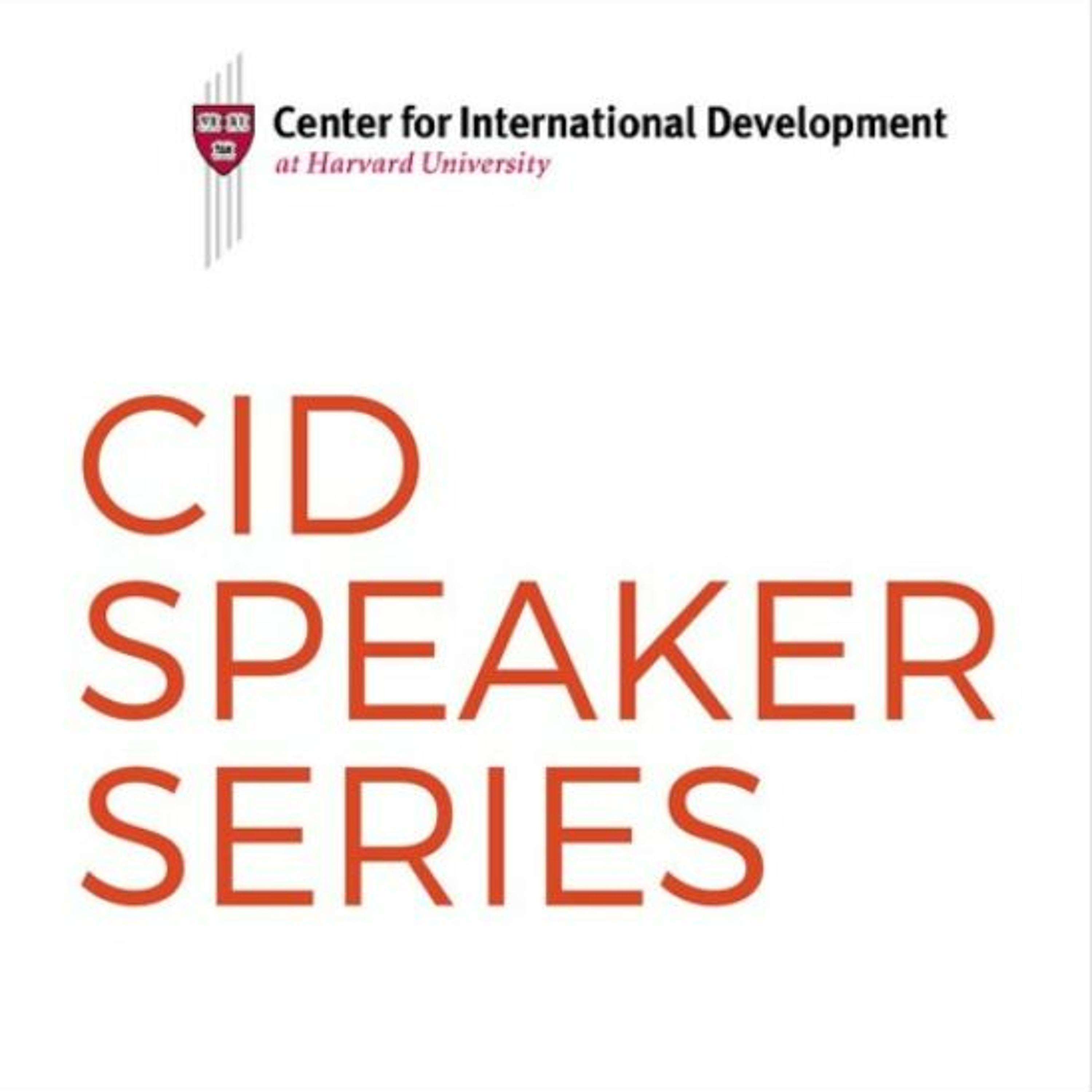The International Rules-Based System is Broken: What is to be Done?

b'Since the end of the Second World War, the international rules-based system has been determined by developed countries with economic power who came together to form multilateral organizations like the United Nations. In today\\u2019s world, other nations with conflicting interests are challenging the foundations of the UN and this international rules-based system, making it difficult to reach consensus on pressing global issues like climate change, migration, terror, protectionism, and pandemics. \\n\\nHow do we begin to repair this broken international rules-based system? Andrew Mitchell, British Member of Parliament and Former Secretary of State for International Development, discusses ways in which the UN can be adapted to today\\u2019s globalized society. \\n\\nToday on CID\\u2019s Speaker Series podcast, Anna Mysliwiec, Masters in Public Policy student at the Harvard Kennedy School, interviews Andrew Mitchell who provides further insight on the deterioration of the international rules-based system and how the world can begin to repair it. \\n\\n// www.growthlab.cid.harvard.edu //\\nInterview recorded on October 5, 2018.\\n\\nAbout Andrew Mitchell: Andrew was born in 1956 and is married with two daughters. He was educated at Rugby School and Cambridge University, where he studied history and was elected as President of the Cambridge Union in 1978. Andrew served in the Army (Royal Tank Regiment) before joining Lazard where he worked with British companies seeking large-scale overseas contracts.\\n\\nHe was the Member of Parliament for Gedling from 1987 to 1997. During this period, he held office as a Government Whip and as Minister for Social Security. He also served as a Vice-Chairman of the Conservative Party from 1992 to 1993.\\n\\nIn 2001 he was re-elected to Parliament as MP for Sutton Coldfield. In November 2003, he was appointed Shadow Minister for Economic Affairs. From September 2004 until the end of the Parliamentary term, he was Shadow Minister for Home Affairs. Following the General Election in May 2005 Andrew joined the Shadow Cabinet and was appointed Shadow Secretary of State for International Development. Andrew Mitchell was Secretary of State for International Development from May 2010 until September 2012 and Government Chief Whip from September \\u2013 October 2012. An experienced and highly effective MP, Andrew is committed to serving the people of Sutton Coldfield.\\n\\nAndrew is currently campaigning on a number of important local issues in Sutton Coldfield including issues affecting our local environment and the general well-being of the Sutton Coldfield community. He is very active in addressing issues of local development where he feels they adversely affect the Town. He actively supports a number of local charities including Breastfriends, Norman Laud Association, Sutton Coldfield Branch of the RNLI, Parkinson\\u2019s Disease Society, Sutton Coldfield Sea Cadets, Greenacres, and Sutton Coldfield Guiding.\\n\\nSince becoming Sutton Coldfield\\u2019s MP he is particularly pleased to have achieved the reinstatement of the Sutton Coldfield Civic Service and established the Sutton Coldfield Inter-Schools Debating Competition.\\n\\nAs Sutton Coldfield\\u2019s MP, Andrew deals with hundreds of letters and emails from constituents every week. He has a dedicated staff of 5 people to assist him with this work. The issues raised are wide ranging and can fall within the responsibility of Government Departments or Birmingham City Council as well as a number of the agencies that now administer specific matters such as immigration, benefits and the environment. In addition he holds regular Advice Sessions where constituents can see him to discuss political issues or matters of personal concern.\\n\\nAndrew has a home in Sutton Coldfield and spends as much time as possible regularly visiting local schools, businesses and voluntary organisations.'